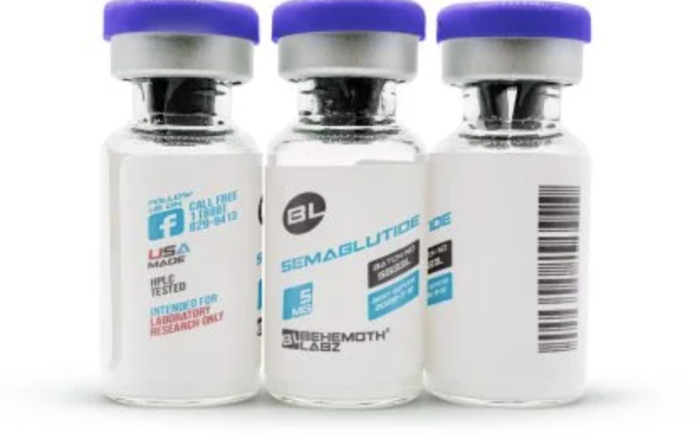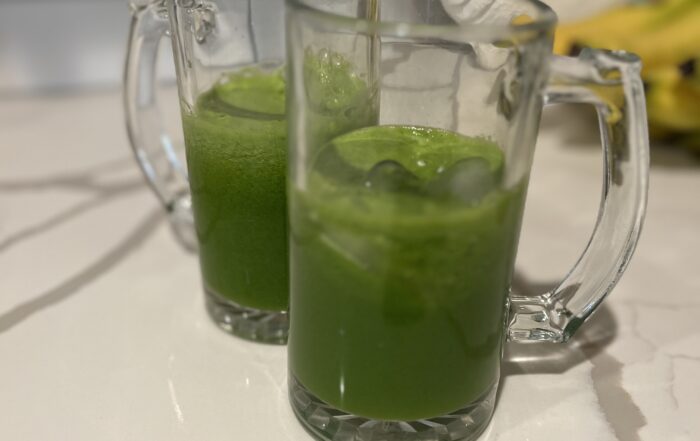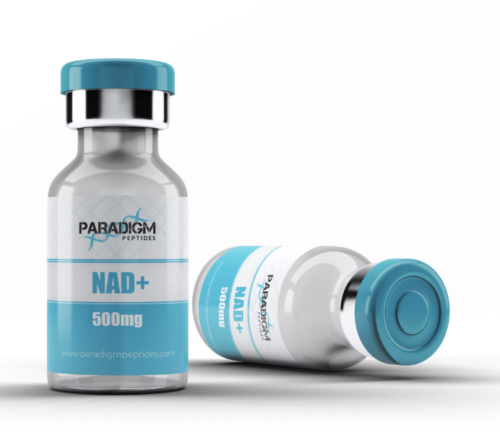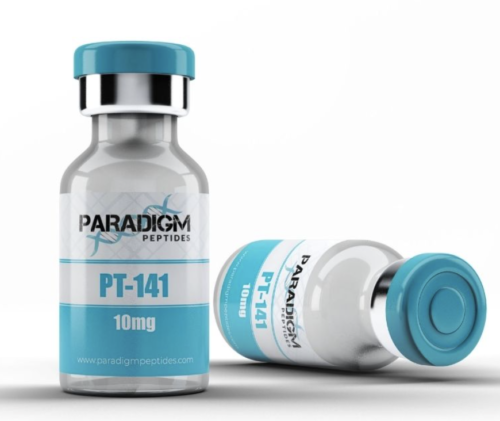Although though coffee and the caffeine it contains are rarely used as skincare products, a 2013 study found that they can actually aid with a number of skin problems.
This includes—but is not limited to—improving circulation, lowering inflammation, repairing DNA, easing UV damage, and reducing irritation-related redness.
In addition, coffee includes a significant amount of polyphenols, which are among the minerals that benefit skin care. Continue reading to see how polyphenols can benefit your skin and why coffee contains them.
Found in coffee, (some) chocolate, various herbs, and especially dark green and purple vegetables – polyphenols have been demonstrated to help with the “many biochemical processes caused or mediated by solar UV radiation”.
In other words, a 2010 research on polyphenols and their effects on the skin found that they have “substantial” anti-inflammatory, antioxidant, and anti-DNA damaging properties.
“Regular ingestion or topical application of these polyphenols may provide effective protection against the adverse effects of solar UV radiation in humans,” the review’s conclusion read.
Polyphenols function by scavenging free radicals to stop them from harming cells. They help guard against “photoaging,” which includes the development of wrinkles and sunspots.
Also, they improve circulation, which contributes to healthy, beautiful skin.
As implied by their name, carotenoids are present in salmon as well as other vegetables like sweet potatoes and squash. The crucial color in this case is orange.
With relation to color, carotenoids are the mineral that gives brightly colored plants their orange, yellow, and red hues. Vegetables have this defense against free radicals, and people also have it.
According to a 2011 study on the function of carotenoids in human skin, “Carotenoids are recognized to be potent antioxidant chemicals playing a crucial part in the processes of neutralization of free radicals.” this is supported.
The analysis came to the conclusion that a healthy, “stress-free” lifestyle was frequently associated with skin that had higher amounts of carotenoids. Low skin carotenoid levels, on the other hand, were associated with “an poor lifestyle, as well as nutrition, disease, and smoking.”
Collagen, which is found in all of your body’s cells, is essential for the health of your skin as well as your ligaments and fingernails.
It can be found in homemade bone broth, harder meat cuts that are cooked for an extended period of time at low temperatures, or organ meats.
Collagen is a protein that your body produces and more of it can assist to eliminate wrinkles and keep your skin from sagging as you age.
Naturally, collagen production declines as we age. This is why skin sags and wrinkles develop on the majority of aged people.
Collagen supplements provide the body just what it needs to create more, improve skin elasticity, moisture, and anti-aging properties, as well as speed up wound healing. According to the review on oral collagen supplements from 2019.
Reduced levels of the antioxidant glutathione were observed in those with acne compared to those without, which were more strongly associated with acne.
Whey protein and glutathione supplements serve to give your body the ingredients it needs to manufacture glutathione, which can then be enhanced by consumption.
Glutathione can also have “multiple favorable effects on skin qualities,” such as enhancing skin suppleness and perhaps having “antiaging” benefits, according to a 2017 study.
Vitamin C
You must drink the recommended amount of Vitamin C to maintain the healthiest possible skin because the body cannot produce collagen without it. Lemons, limes, broccoli, cauliflower, and kale are all sources of vitamin C.
Vitamin C is essential for the synthesis of collagen and also aids in reducing skin irritation and providing protection from free radicals, one of the primary factors in the aging process of the skin.
“Normal skin contains high quantities of vitamin C, which supports crucial and well-known functions, boosting collagen formation and aiding in antioxidant protection against UV-induced photodamage,” according to a 2017 review and study on “The Functions of Vitamin C in Skin Health.”
The study also came to the conclusion that vitamin C can help with a wide range of skin-related problems, such as “protection against UV irradiation,” “signs of aging in human skin can be ameliorated through the provision of vitamin C,” and “the provision of vitamin C to the skin greatly assists wound healing and minimizes raised scar formation.”









